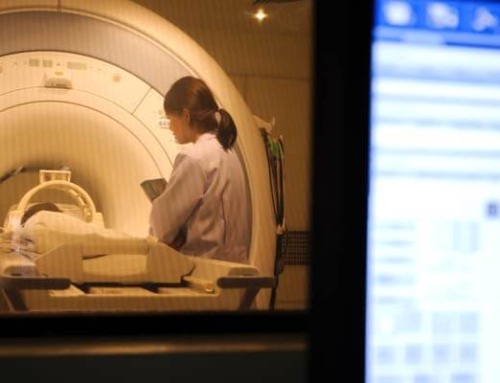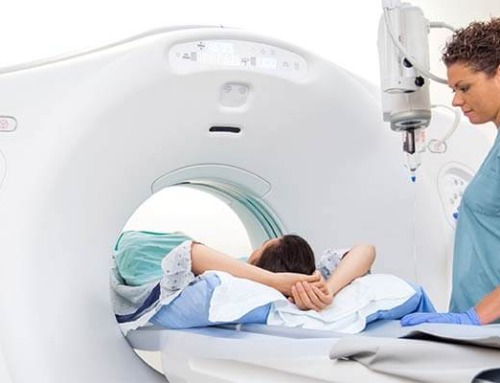For many, becoming an MRI technologist represents the perfect blend of purpose and prosperity. This rewarding career allows you to make a real difference in patients’ lives while enjoying a competitive salary. In fact, MRI technologist salaries often rank among the top earners in the radiology field. Moreover, the career path is well-structured, offering clear opportunities for advancement.
But how much do MRI technologists really make? And what promotion prospects can you expect in this field? Let’s break it down.
How Much Do MRI Technologists Earn?
MRI technologists are highly valued in the healthcare industry, and their salaries reflect that. While wages vary based on factors like location, experience, and the healthcare facility, the earning potential remains strong. MRI technologists often outpace general radiologic technologists in pay due to the advanced nature of their work.
According to recent data, the national average annual salary for MRI technologists is significantly higher than the median wage across all occupations. In areas with high demand, such as urban centers or regions with advanced healthcare systems, salaries can climb even higher. Additionally, MRI technologists who pursue certifications in specialized imaging techniques or subspecialties often command even greater earning potential.
Experience also plays a key role in salary growth. Entry-level technologists may start at competitive rates, but those with several years in the field, advanced certifications, or leadership roles can see their earnings increase substantially. Furthermore, MRI technologists working in private practices, outpatient facilities, or specialized imaging centers often report higher wages compared to those in general hospitals.
This competitive compensation is a testament to the critical role MRI technologists play in healthcare, combining technical expertise with patient care to deliver accurate and vital diagnostic images.
Career Growth: What’s Next After Becoming an MRI Technologist?
The career path for MRI technologists is both clear and promising. Here’s what you can expect:
- Entry-Level MRI Technologist – After completing your certification and licensing requirements, you can begin as an entry-level MRI tech, gaining valuable experience in patient care and imaging techniques. Certifications such as MRI certification through the American Registry of Magnetic Resonance Imaging Technologists or ARMRIT serve as a great primary pathway route for those entering the field of MRI.
- Specialization and Advanced Skills – Earning additional experience, such as in cardiac MRI or functional imaging, can enhance your expertise and increase your earning potential.
- Leadership Roles – With experience, you can transition into supervisory roles, overseeing imaging departments or mentoring junior staff by proving to be a leader amongst your colleagues and earning higher level degrees such as your BS in Healthcare Administration.
- Beyond the Scanner – Some MRI technologists pursue roles in education, healthcare administration, or even research, expanding their impact beyond direct patient care.
Why Pursue a Career in MRI Technology?
For the most accurate information regarding MRI technologist salary, we suggest searching the Bureau of Labor Statistics as that is the best resource. MRI Technologists enjoy the rare combination of meaningful work and financial security. With advancements in medical imaging and growing demand for skilled professionals, this field promises a bright future.
If you’re considering a career in MRI technology, understanding its MRI technologist salary and growth opportunities can help you take the first step toward success. Whether you’re passionate about patient care or intrigued by cutting-edge imaging technology, becoming an MRI technologist offers a fulfilling and lucrative career path.
Start your journey today, and turn your dream into a reality in the dynamic world of MRI technology.





